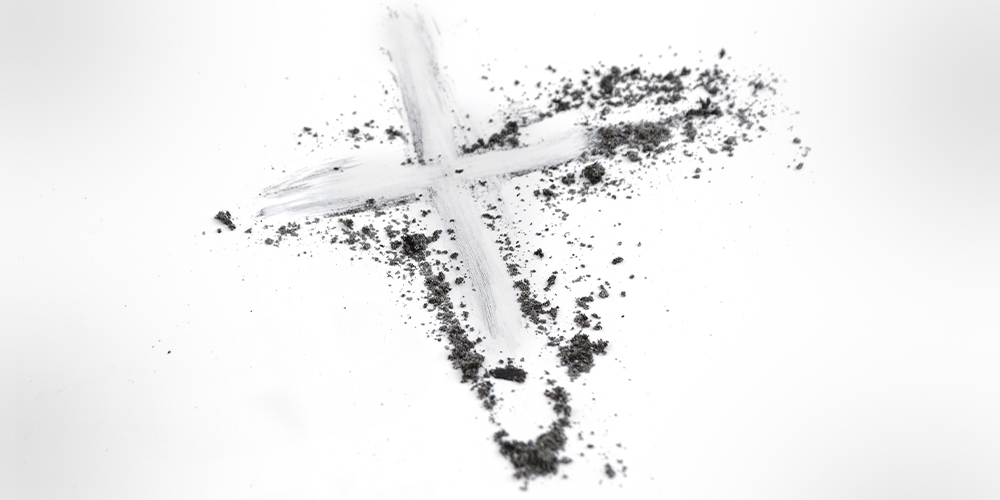 |
The smudged ashes announce that our story does not end in the dust of death.
Peter A. Panitzke
Look hundreds of people in the eye and tell them that they are going to die. The message of death applies to all:
- The elderly: “Dust you are . . .”
- The man whose spouse has just died: “Dust you are . . .”
- The woman battling cancer: “Dust you are . . .”
- The smallest child: “Dust you are . . .”
- My own wife: “Dust you are . . .”
Ashes are smeared on the forehead or hand. Tears well up in my eyes and the eyes of others.
“Dust you are and to dust you will return” (Genesis 3:19).
Choosing death
The line is long. It stretches from our altar, around the world, and across 10 centuries. Since the 900s, Christians have lined up on Ash Wednesday to receive this symbol of mortality. The ashes indicate the confession of men, women, and children: “Adam and Eve chose death, and so have I.”
“Dust you are and to dust you will return.”
Yet there is hope in this somber moment. Those smudged ashes are from last year’s Palm Sunday palm fronds.
The Son of David chose death that day. The crowds didn’t know it; the King did. He did not choose death by sinning. He chose death by loving. He loved the crowds who loved him. He loved his enemies who hated him. Jesus chose death willingly for us.
The King stands with us in the long line. “Dust you are and to dust you will return.”
Claiming victory
But Jesus breaks the pattern! Jesus’ story did not end in dust. God had foretold that his body would not see decay (Psalm 16:10). His body would rise triumphant from the grave. “After he has suffered, he will see the light of life and be satisfied” (Isaiah 53:11).
By receiving the sign of the cross, we confess that we will die, but we also claim Jesus’ victory for ourselves. We confess with Job: “I know that my redeemer lives, and that in the end he will stand on the earth. And after my skin has been destroyed, yet in my own flesh I will see God; I myself will see him with my own eyes—I, and not another” (Job 19:25-27).
The smudged ashes announce that our story also does not end in the dust of death. Just as Jesus’ body came out of the grave, so shall ours.
Death is changed to a sleep from which we shall awaken—refreshed, new, joyful, without a care in the world. With Job we cry out, “How my heart yearns within me!” (Job 19:27).
“Dust you are and to dust you will return.”
The smudged Ash Wednesday crosses on our foreheads are often faint or lopsided. Isn’t that a symbol too? They are imperfect. We are still imperfect here. We look forward to life and joy as Job did.
That’s why we gather during the Lenten season. Watch carefully the events of Holy Week. See the King choose death for you. In spirit, go to the tomb to see that his body did not become dust. Claim the victory of the cross again.
“Pastor, dip your thumb into the ashes again. Trace that sign of the cross once more on my forehead or my hand. Let me treasure it in my heart as well.”
Receive the sign of the cross this Lenten season.
Author: Peter A. Panitzke
Volume 107, Number 03
Issue: March 2020







